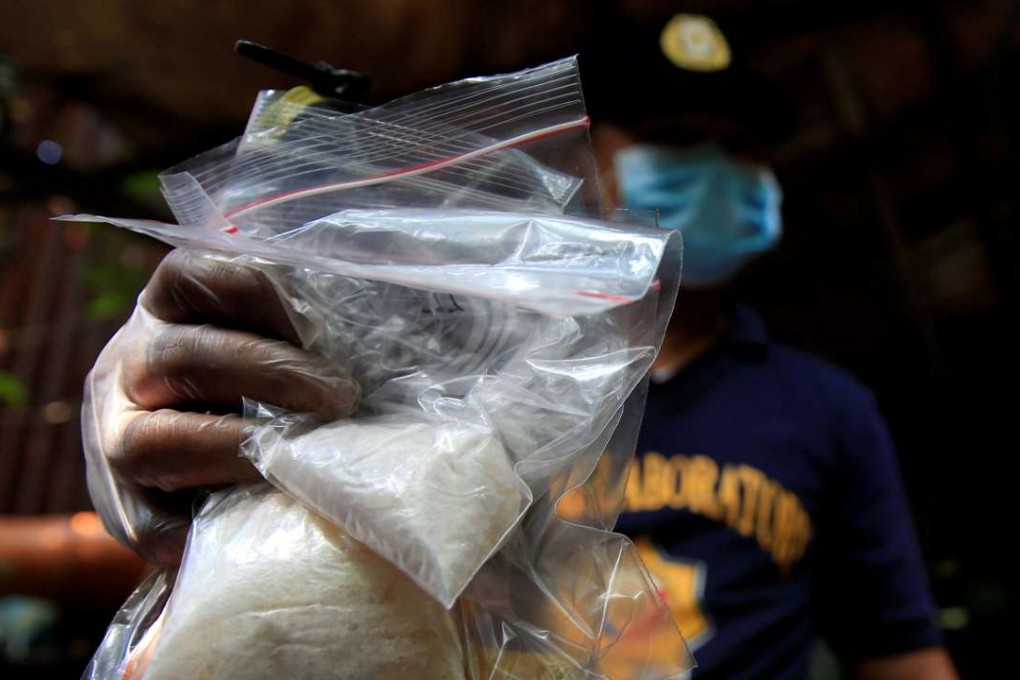Duterte draws China into his ‘shoot-to-kill’ drug war with one simple question
The Philippines’ new president said many of the unclaimed bodies of suspected drug criminals killed in confrontations with police were Chinese nationals

The Philippines’ crime-fighting president says he plans to ask Chinese officials why some Chinese citizens who visit his country are allegedly involved in illegal drugs.
President Rodrigo Duterte, who has vowed to end crime within six months of taking office on June 30, also said that he would not hesitate to grant presidential pardons to law enforcers accused by human rights advocates of abusing their authority in cracking down on narcotics, as long as the soldiers and police involved tell the truth and do not fabricate evidence.
One day I will ask China ... why is it that most of the guys who come here do drugs, even inside jail?
Duterte said 72,000 people have already surrendered since his administration launched the crackdown. He said many of the unclaimed bodies of suspected drug criminals were Chinese nationals.
“One day I will ask China, Why is the situation like this? I won’t say why are you sending them, but why is it that most of the guys who come here do drugs, even inside jail?”